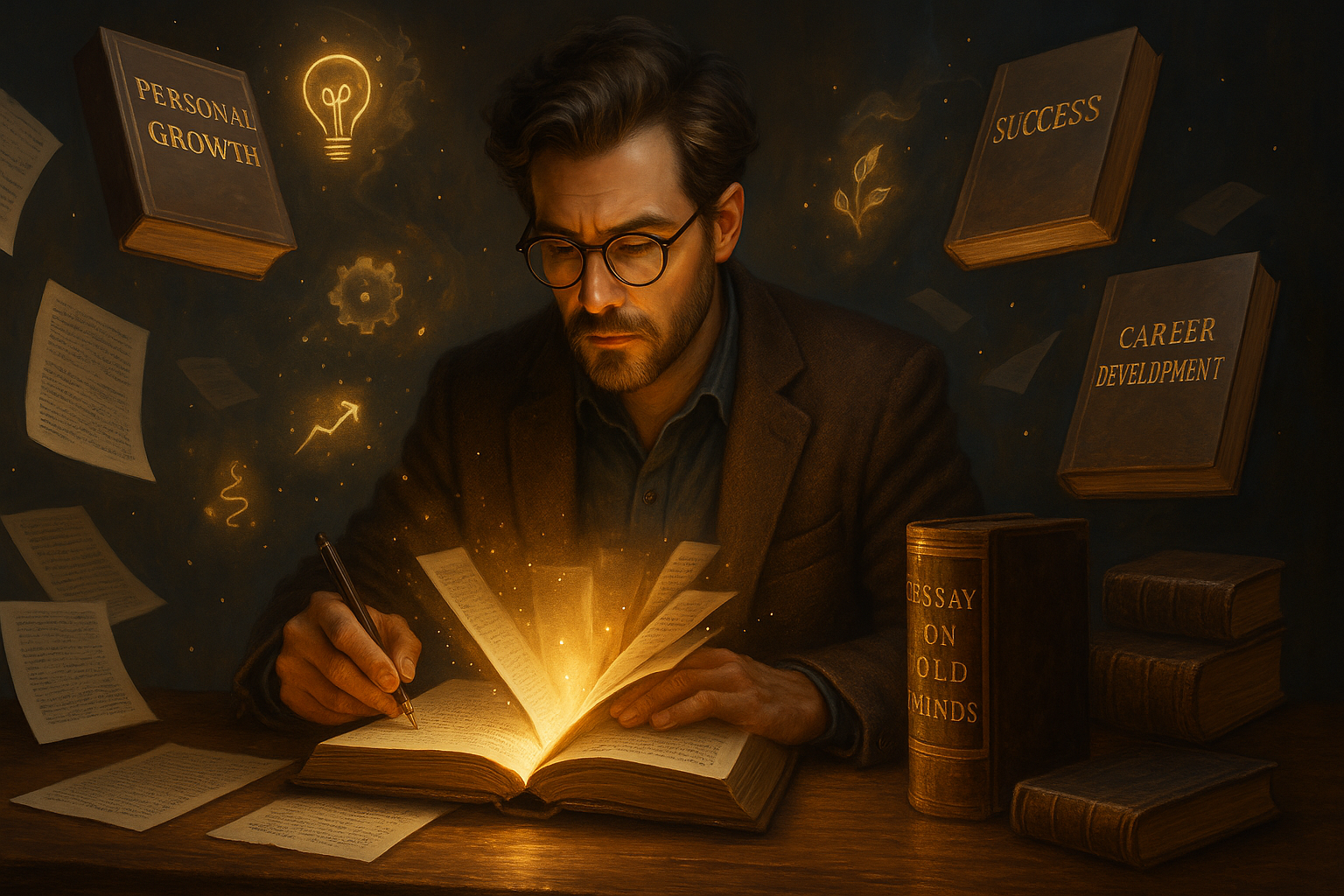We are each the authors of our own life stories because the events happened to us, and no one else experienced or can remember the events and connect them to the same conclusions as well as we can.
A question might be, how can we edit and change how we tell the story facts just because we are retelling it? Isn’t it the case that facts are just that, facts? The events that previously happened are part of our history; isn’t that the point?
Well, yes and no. The facts happened, and we finished the event they represented when they happened. Still, those conclusions depended on our viewpoint of the event at the time.
Each time we consider a past event the lens we see it through filters of other and newer experiences that had not happened when the original experience or event happened. The lens of thoughts and recollection always filter to the “now,” adding in all the new experiences. We see the past through the prism of newer events and experiences.
Our lives change constantly, adding to our life stories and enabling us to see past events differently.
Creating a narrative about the events in our lives triggers the conclusions that new experiences and knowledge have brought to us. We could conclude that all we did was add clarity to what happened, but new insights offer more than clarity, and the events themselves take on new meaning.
To test this for yourself, ask someone to tell you their life story, listen closely, and note what you feel the overall conclusion is from the events discussed. Then, go back in a few weeks or months, ask again, and listen closely, making notes. The story will sound different and the conclusions about the event change somewhat.


